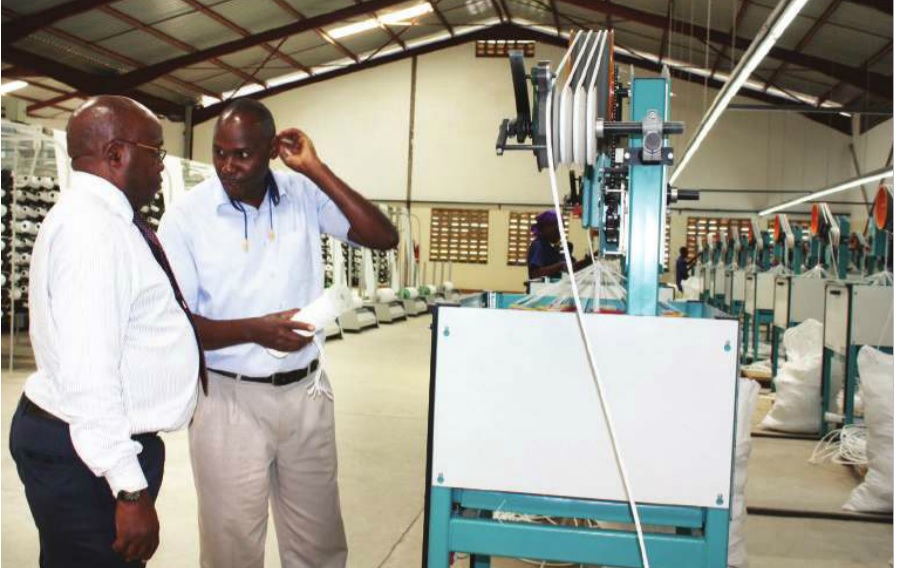
Having been appointed in October 2014 to replace the long-serving Allen Kagina as commissioner general of the Uganda Revenue Authority (URA), Doris Akol started her tenure on a rather good note. At the presentation of her very first annual revenue performance report in July last year, she was all smiles as she announced a surplus of about Shs 140 billion for the 2014/2015 financial year. She probably thought the sailing would be a smooth one.
However, Akol and her team cut a glum disposition at the presentation of her second report at their head offices at Nakawa on July 27. It was easy to know why; the tax body collected just Shs 11.23 trillion – a hefty Shs 400 billion less than the target for the fiscal year 2015/16. Domestic tax and international trade – traditionally the biggest revenue contributors – collected Shs 6.3 trillion (95.63% performance) Shs 4.8 trillion (97.27% performance) – a clear indication that all was not well in the economy.
But despite the shortfall on the target, the tax figures represented a growth of 15.60% (Shs 1.5 trillion) from the previous year’s figure of Shs 9.7 trillion that was collected. URA’s massive shortfall is symptomatic of the ailment that has bedeviled the economy for the past 12 months. It has been tough. The local currency lost its value against major international currencies, consumption drastically reduced, and so is the profitability in the financial sector.
URA, analysts optimistic despite difficult last financial year
A mix of these, coupled with the effects of the February 18 general election, left the country in a mess with hard-hitting implications on the economy. This is the third time that URA is registering a shortfall in the past five years, with the highest having been registered in 2013/14 fiscal year (Shs 500 billion).
Akol told journalists that the strained micro-economic environment contributed to the short fall.
“There has been a decline in revenue growth rate in 2015/16 compared with that of last year by about five percentage points,” Akol said, adding that despite of the economic and political conditions, the tax body registered a growth rate that is far above the regional growth average of 14.11% during the same period.

On the list of the of the 21 sectors that URA generates revenue from, the top five sectors contributed approximately 80% of the total net collections while on a year to year basis, wholesale and retail sector posted positive growth though insignificant since it registered a less than one percentage points.
On the other hand, manufacturing, the financial and insurance sectors registered a decline of 64.92% and 27% respectively whereas information and communication registered a decline of 10.29%. Public administration and defense registered a decline of 2.1% during the year under review.
Compared with the rest of the East African region, Tanzania’s taxman registered the highest revenue growth of 24% while Kenya and Rwanda registered revenue growth of 14.5% and 12.2%, respectively during the same period.
Though there are proposed measures can easily be implemented to increase tax compliance, the biggest headache for the tax body is how it will maneuver through the external shocks that contributed to a shortfall in the 2015/16.
The biting micro-economic environment resulted into a surge in the non-performing loans in the banking sector leading to a reduction in the corporate tax remittances.
This, coupled with the reduction in sales and production, affected excise and value added tax collections reducing URA’s ability to beat target, a trend that financial analysts believe is likely to remain the same this year or even worse because the economy is yet to rebound to its growth path.
 The Independent Uganda: You get the Truth we Pay the Price
The Independent Uganda: You get the Truth we Pay the Price






